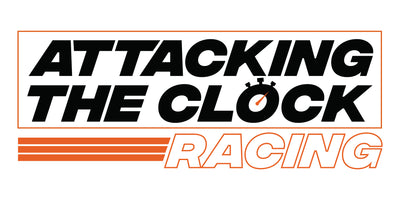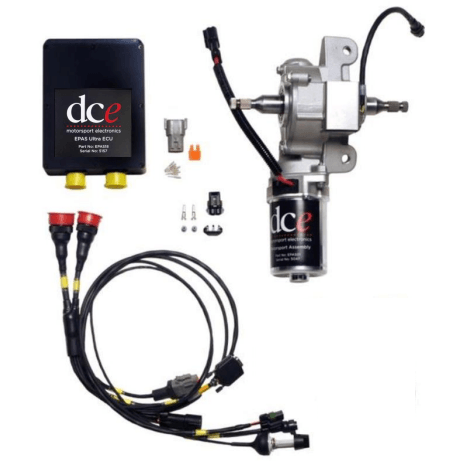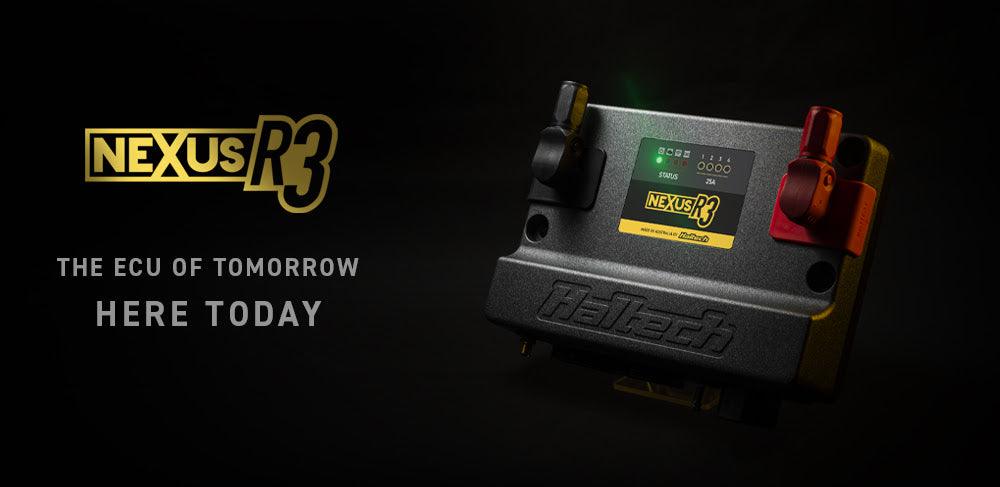Haltech Nexus R3 Buyer's Guide
The new Nexus R3 is a very capable and versatile VCU, but obviously it's not for everyone. With this simple Buyer's Guide you should be able to quickly determine whether the Nexus R3 is the right product for your application.
1. Nexus R3 or Nexus R5: cylinder count.
If your car/motorcycle/boat or off road vehicle is powered by a fuel injected engine with 1, 2, 3, 4, 5, 6 or 8 cylinders then the Nexus R3 is perfectly capable of running it. There are, of course, exceptions, but the R3 will support most crank trigger patterns found in popular performance engines. If you're in doubt - contact our Tech Support to confirm. For engines with more than 8 cylinders we recommend stepping up to the Nexus R5.
2. Nexus R3 or Nexus R5: rotary engines.
The Nexus R3 supports all popular rotary engines up to 4 rotors. If you're thinking of adding another rotor or two we recommend going with the R5.
3. Nexus R3 or Nexus R5: Sequential Staged Injection.
With 8 injector outputs, the Nexus R3 will support two-injector-per-cylinder
4. Nexus R3 + PD16 or Nexus R5?
You can add up to four PD16s to Nexus R3, so starting with the R3 does not limit you to its on-board PDM channels. Our advice here is to plan your wiring first, to see just how many channels you'll need and where you'll need them. Splitting your PDMs into two zones with the R3 controlling the engine and the front of the car and the PD16 controlling the fuel pumps and the rear electrical components is a commonly used approach.
5. Nexus R3 or Elite 2500 + PD16 + WB?
While you can certainly match or even exceed the input/output capabilities of the Nexus R3 by adding a PD16 and an O2 Wideband Controller to your existing Elite setup, if you're starting a new build or re-wiring your vehicle from the ground-up, the Nexus R3 offers a much simpler, more powerful and more advanced solution with only a slightly higher price tag.
6. Nexus Series or Elite Series?
While the Nexus Series is a newer, and in most cases, more advanced product range than the Elite Series, there are still a few cases where we would recommend an Elite ECU over a Nexus VCU.
First one being the availability of your wiring options. The Elite Series has been around for more than a decade and enjoys a huge assortment of engine and car specific wiring options. From terminated engine harnesses to over 40 Plug'n'Play adapters, the Elite is still the go-to ECU if you're using an existing or OEM engine harness, doing a simple EFI conversion or an engine swap.
There's also the price point. If you're on a budget, the best value-for-money ECU in the Haltech range is the single connector Elite 750 which offers plenty of features and now runs on the same NSP software that controls the Nexus Series.







